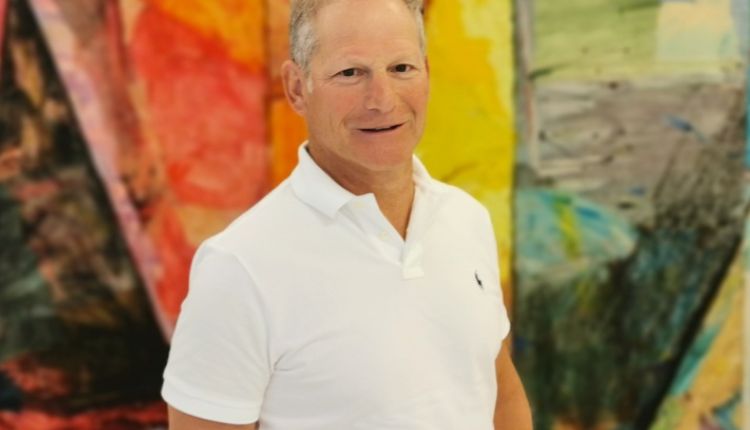Robert Pincus has been a professor at the Graduate Center, CUNY, for more than forty years. His research focuses on the history of art and the relationship between art and literature. He also has written extensively about art and museums, and is an influential voice in the world of contemporary art. His writings on artists such as Picasso, Matisse, and Warhol have influenced the work of many.
Art critic
Robert Pincus is a renowned art critic and author. He was born in New York City and raised in the Bronx. His mother was a German immigrant. In 1964, he went to City University of New York to earn a Ph.D. in art history and English. After graduation, he taught at CUNY.
Pincus was a dedicated art critic and chronicler of the scene. He wrote for Arts magazine from 1976 until 1990, and his diary entries remain among the most interesting documents of the ’80s.
Pincus first used the term Post-Minimalism in an article on Eva Hesse. Later, he continued to explore the work of artists such as Ed Kienholz.
Aside from writing for Artforum, Pincus has also contributed to many publications. He has won a number of journalism awards, including the Chemical Bank Award for Distinguished Newspaper Art Criticism.
Although he did not intend to become a professional art critic, Pincus found a voice that enabled him to write about contemporary art. He believed that the purpose of critics was to point to the new. And he believed that criticism should be constructive and respectful.
Museum Director
Robert Pincus is a Senior Grants and Art Writer at Museum Contemporary Art San Diego. He is also a lecturer at California State University, Long Beach and teaches art history courses.
A former Art Critic for The San Diego Union-Tribune, Pincus won several journalism awards. His most recent accolade was the Chemical Bank Award for Distinguished Newspaper Art Criticism. Before becoming an art critic, Pincus studied art history at USC and earned a Ph.D. in Art History & English.
Born in Connecticut, Pincus moved with his family to the Westwood neighborhood of Los Angeles when he was seven. At that time, he started writing poetry. In high school, he studied interdisciplinary studies and English literature. During college, he majored in Comparative Cultures.
When he was a teenager, he had a fascination with the Avant Garde movement. He had a deep interest in artist Ed Kienholz. After graduating from college, he wrote his dissertation on the Rose-Croix Salons. This thesis eventually became a book called On a Scale that Competes with the World.
Fellow of the American Academy of Arts & Sciences
The David N. Pincus Global Health Fellowship at Children’s Hospital of Philadelphia (CHOP) offers opportunities for research, leadership, and clinical experiences. Fellows are supported by CHOP faculty and Global Health Center faculty mentors. During their three-year fellowship, they will have the opportunity to work with several partner organizations to expand the global health programs at CHOP.
Throughout the three-year fellowship, fellows will have the opportunity to conduct research, publish their manuscripts, and present their research at national and international conferences. Each fellow’s research project will be directed by a faculty mentor.
At CHOP, the fellowship is one of the premier programs within the Global Health Center. Fellows receive mentorship and support as they work toward a master’s degree. During their first year, they are required to enroll in distance learning courses. They are then encouraged to participate in conferences and journal clubs. Throughout their second and third years, they are encouraged to travel to two Global Health partner sites. These site visits help fellows better understand the context of Global Health and encourage collaboration.
Research Interests
Robert Pincus is a researcher who works on a variety of subjects. His main areas of research include Atmospheric sciences, Climatology, and Environmental science. He is also interested in the interaction of clouds and radiation.
Pincus has taught at the University of San Diego since 1998. In addition to his work in science, he has written on art and criticism. He is a prolific writer, having contributed to magazines and authored many books. He has been the recipient of awards and prizes for his writing, including the Chemical Bank Award for Distinguished Newspaper Art Criticism.
Conclusion
He has also taught graduate courses on theory and writing. His research focuses on Climate change. As part of his research, he explores the relationship between Radiative forcing and climate sensitivity. It draws on perspectives from Climatology, Earth system science, and Benchmark. Other themes of his research include integrating Cloud feedback, Aerosol, and Water vapor in a model, and analyzing clouds’ role in determining Climate change.

